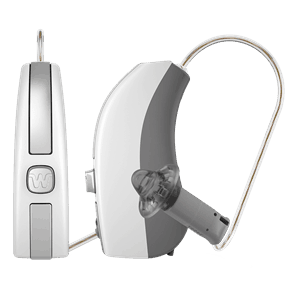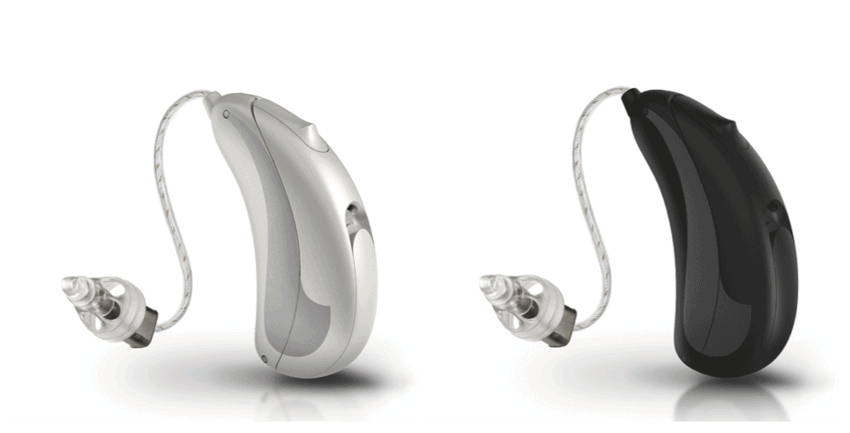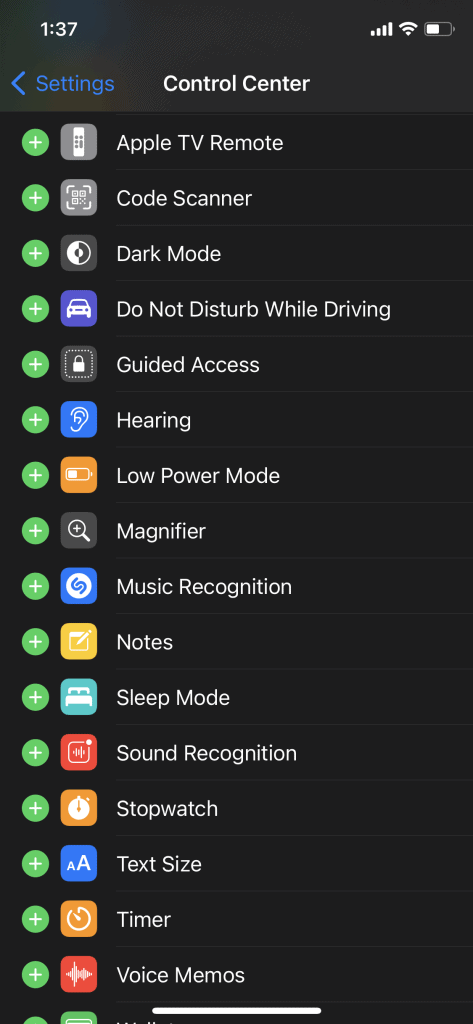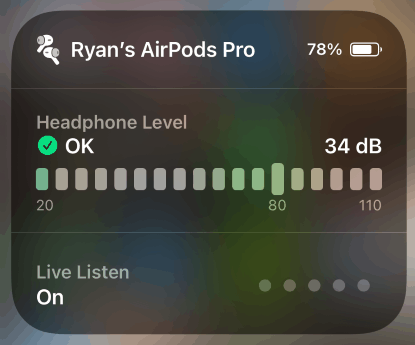
Hearing Aids vs. Personal Sound Amplifiers: Which One Should You Be Using?

As we get older, living with hearing loss becomes more and more likely. Talking to loved ones, watching television, and even listening to the birds outside your window can be difficult for Americans with hearing loss. What’s more, of the many adults 70 and older who could benefit from hearing aids, less than one-third of them have ever used one.
Despite many being hesitant to embrace this technology, there is no better way to restore one’s hearing than with a pair of hearing aids. Not only do they allow you to hear the world around you, but they’ll also let you participate in life again, rather than living on the sidelines.

When purchasing a hearing aid, you have a few different options. First, there are prescription hearing aids, which are regulated by the FDA and require a visit with an audiologist or hearing health professional.
Alternatively, there are what we’d call personal sound amplifiers (PSAPs). While these devices are not designed to compensate for hearing loss, they still offer many people a handy way to hear better.
OTC Hearing Aids:Looking to purchase hearing aids online? Then read our guide to this year’s best OTC hearing aids.
What is a Personal Sound Amplifier?
A personal sound amplifier is not the same thing as a hearing aid. People wear a personal sound amplifier in or on the ear. It amplifies sound so that you can watch TV quietly or perhaps hear children sleeping in the next room. They work by picking up noises with a microphone and amplifying the sound into your ear. They can be quite convenient for hearing noises no one would ordinarily be able to hear. Their intention is to give someone without hearing loss a kind of superpower hearing rather than to make up for hearing loss.
Personal Sound Amplifier vs. Hearing Aid
| Personal Sound Amplifier | Hearing Aids |
|---|---|
|
|
What Level of Hearing Loss Requires a Hearing Aid?
While there is no exact formula for when a person needs a hearing aid, you might want to consider a hearing aid––as opposed to a personal sound amplifier––if you notice the following:
- You often feel as though people are mumbling or speaking too quietly.
- You frequently ask people to repeat themselves.
- Other people remark how loudly you listen to the radio or television.
- You strain yourself to hear on the telephone.
- You have trouble following conversations in noisy environments.
With the rising cost of hearing aids, many people turn to personal sound amplifiers because they are a cheap alternative. But the truth is that the FDA released guidance in 2009 stating that personal sound amplifiers are not intended for use by people with hearing loss. However, people with mild hearing loss do sometimes choose to use them. If you have more serious hearing loss, you should definitely buy a hearing aid. Talk to your audiologist about your options.
FDA Exempt Hearing Aids: Alternatively, there are FDA Registered Exempt medical devices such as those from Eargo.
Can AirPods Be Used as Hearing Aids?
If you have a pair of Apple’s AirPods, their new wireless earbuds, then you can use these as a personal sound amplifier; however, it’s important to note that these are not a full-fledged substitute for hearing aids. By using the “Live Listen” feature with your AirPods, you can use your iPhone as a microphone and amplify sounds directly to your ears.
How to Use AirPods to Amplify Sounds
Step 1. Put in your AirPods.
Step 2. Go to Settings on your iPhone.
Step 3. Select Control Center.
Step 4. Tap on the green plus sign next to Hearing.

Step 5. Open the control center panel by swiping downwards from the top right-hand corner.
Step 6. Select the button marked with an ear.

Step 7. Tap the Live Listen button.

The microphone on your phone will now be streaming directly to your AirPods. This is a great way to amplify specific sounds, especially in noisy environments. For example, if you’re in a noisy coffee shop and struggling to hear a person, simply hand them your phone. When they speak into it, you’ll be able to hear them loud and clear!

